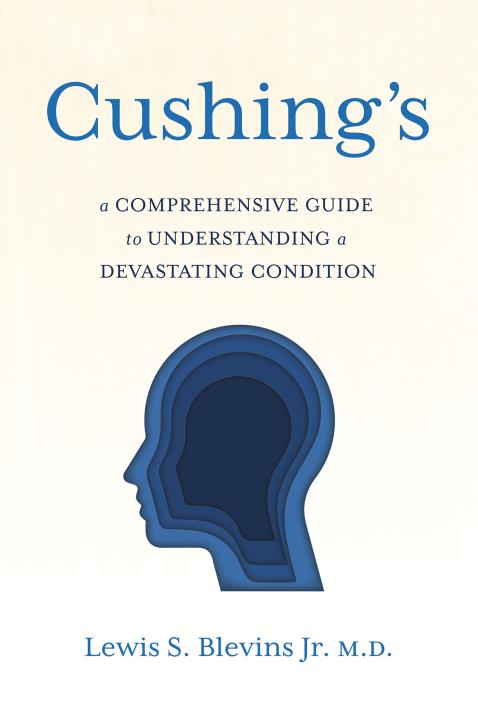Pituitary disorders can lead to sleep disorders and are common in people with these conditions due to the significant role hormones play in regulating the sleep-wake cycle. The pituitary gland, often called the “master gland,” is crucial in hormone production and regulation. It releases hormones that control various functions, including growth, metabolism, reproduction, and stress responses. The pituitary gland also affects circadian rhythms (your internal body clock), which regulate sleep-wake cycles.
People With Pituitary Conditions and Sleep Issues
People with Acromegaly, Cushing’s, hypopituitarism, and prolactinomas often report sleep issues and fatigue when describing their symptoms and signs. These sleep issues include sleep apnea, fatigue and insomnia, difficulty falling or staying asleep, poor sleep quality, excessive daytime sleepiness (EDS), disrupted sleep cycles, etc.
What Can You Do To Manage Your Sleep Disorder?
For some, addressing the underlying pituitary condition and managing sleep disorders such as sleep apnea, insomnia, and excessive daytime sleepiness can improve overall sleep quality and health. But for many these conditions persist well beyond their treatment and control. We have addressed sleep apnea and other sleep issues in detail. Read more here
© 2024 – 2025, J D Faccinetti. All rights reserved.

